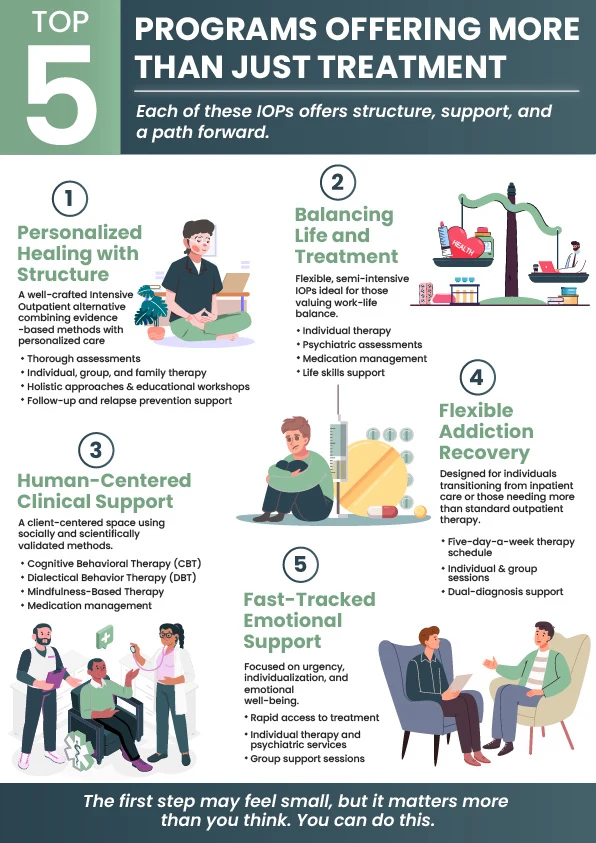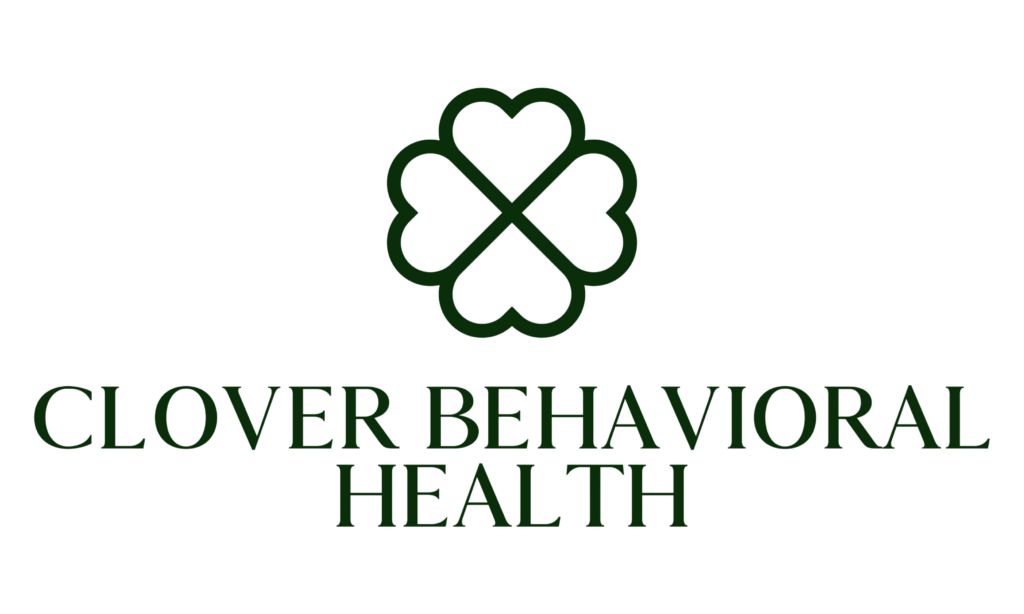Talk Therapy to CBT: Mental Health Treatment Choices in Chelmsford, MA
The appointment confirmation sits in your inbox like a small promise. Thursday, 5 PM. Your first therapy session. You’ve been carrying this weight for months, maybe years, and you’re finally ready to put it down. However, walking into that office is like walking on unexplored territory.
You’ve heard the terms thrown around. Talk therapy. Cognitive Behavioral Therapy. EMDR. DBT. They sound clinical and distant, like they belong to other people’s stories. The fact is, though, that one of these strategies will end up in your narrative. The question isn’t whether therapy works; it’s which type of therapy works for you.
In Chelmsford, you have options. Real ones. Not just whatever your insurance covers or whatever’s closest to your house, but actual choices that can shape how your healing unfolds. The therapist’s office on Billerica Road isn’t just another medical building. It’s where you’ll learn that your mind has been trying to protect you in ways that stopped working long ago.
Talk Therapy: When Your Thoughts Feel Like Enemies
Your brain has been running the same program for so long that you’ve forgotten it’s just software, not hardware. The anxious loop that starts the moment you wake up. The depression that makes getting dressed feel like climbing a mountain. The panic that arrives uninvited and refuses to leave.
Traditional talk therapy works like archaeology for your mind. You and your therapist excavate through layers of experience in search of those instances that formed your perception of the world and yourself. It’s not about blame or fault. It is about knowing why your brain was conditioned to react in a certain manner.
Perhaps you have been brought up in a home where showing vulnerability meant getting hurt. So your brain learned to shut down feelings before they could cause damage. That strategy worked when you were eight. At thirty-eight, it’s suffocating your relationships and stealing your joy.
CBT: Rewiring the Present Moment
Cognitive Behavioral Therapy (CBT) is like having a skilled electrician for your mind. Instead of exploring why the wiring got tangled, it focuses on identifying the faulty connections and replacing them with ones that actually serve you.
Your thoughts create your feelings. Your feelings drive your behaviors. Your behaviors reinforce your thoughts. It’s a loop, and CBT teaches you how to interrupt it at any point.
When depression tells you “nothing will ever get better,” CBT helps you examine the evidence. Has nothing ever improved in your life? Ever? When anxiety insists “everyone is judging me,” It asks: do you actually have proof of that, or is your mind making assumptions?
The beauty of CBT in Chelmsford’s therapeutic community is how practical it becomes. You practice new thinking patterns while walking through the Historic District. You use breathing techniques learned in session while stuck in Route 3 traffic. The skills become portable, available whenever your mind tries to hijack your day.
DBT: When Emotions Feel Unmanageable
Negative thoughts aren’t always the issue. Emotions can sometimes strike like tsunamis, overpowering everything in their path. You feel too much, too intensely, too often. Or maybe you’ve learned to feel nothing at all because feeling was too dangerous.
Dialectical Behavior Therapy (DBT) was created for people whose emotional systems run hot. For those who experience joy as mania and sadness as despair, with very little middle ground in between.
It shows you that it is possible to recognize anger without putting it into action that will endanger you. That you may sit sad and not sink in it. These are not mere ideas but are teachable skills that have names such as distress tolerance and emotional regulation.
EMDR: Processing What’s Stuck
Talk therapy is powerful, but sometimes trauma settles deeper than words can reach. Maybe it’s been years since the accident, yet your body still remembers. Your hands shake when you cross the street. Your mind replays the moment again and again.
That’s your body speaking. It’s telling you that healing might need a different path. It needs EMDR.
Eye Movement Desensitization and Reprocessing works with your brain’s natural processing system. You perform bilateral stimulation while focusing on the upsetting memories, usually by moving your eyes in the direction of your therapist’s finger. It is weird, nearly too simple to work.
However, EMDR assists your brain to store the traumatic memories in the past where they belong, rather than storing them in the present where they are causing you pain on a daily basis. The memory does not vanish; only its emotional value becomes less. You do not have to go through everything again to remember it.
Finding Your Safe Space
Your mind has been trying to protect you, even when its strategies stopped working. Now it’s time to give it professional support in learning new ways to keep you safe. Ways that will also allow you to grow.
At Clover Behavioral Health Center, we know healing isn’t one-size-fits-all.
Some people need deep exploration through psychodynamic therapy.
Others do better with practical skills from CBT.
For many, DBT helps with managing emotions.
And for those carrying trauma, EMDR can open the door to recovery.
That’s why every treatment plan is built around you.

Our therapy rooms reflect the same care. Comfortable chairs. Soft lighting. Tissues are always within reach. Some rooms look out over the town common. Others face quiet side streets. Each space is designed with safety and comfort in mind. The space becomes familiar, a weekly refuge where you can say things you’ve never said aloud.
Final Words
You don’t have to carry this weight by yourself. You don’t have to figure out the right approach alone. The hardest part is making that first call. After that, it’s just a conversation with someone trained to help you feel better.
Your mental health has been waiting. It waited while you tried to manage things on your own. It waited while you hoped problems would fade. It waited while you put everyone else’s needs ahead of your own. Now it’s time to return that patience with action.
Ready for the next step? Reach out to Clover Behavioral Health Center. Let’s find the approach that helps you write a new chapter. One where you’re not just surviving, but finally thriving.
Read Next: Why Aftercare is Essential for Rehab Success























